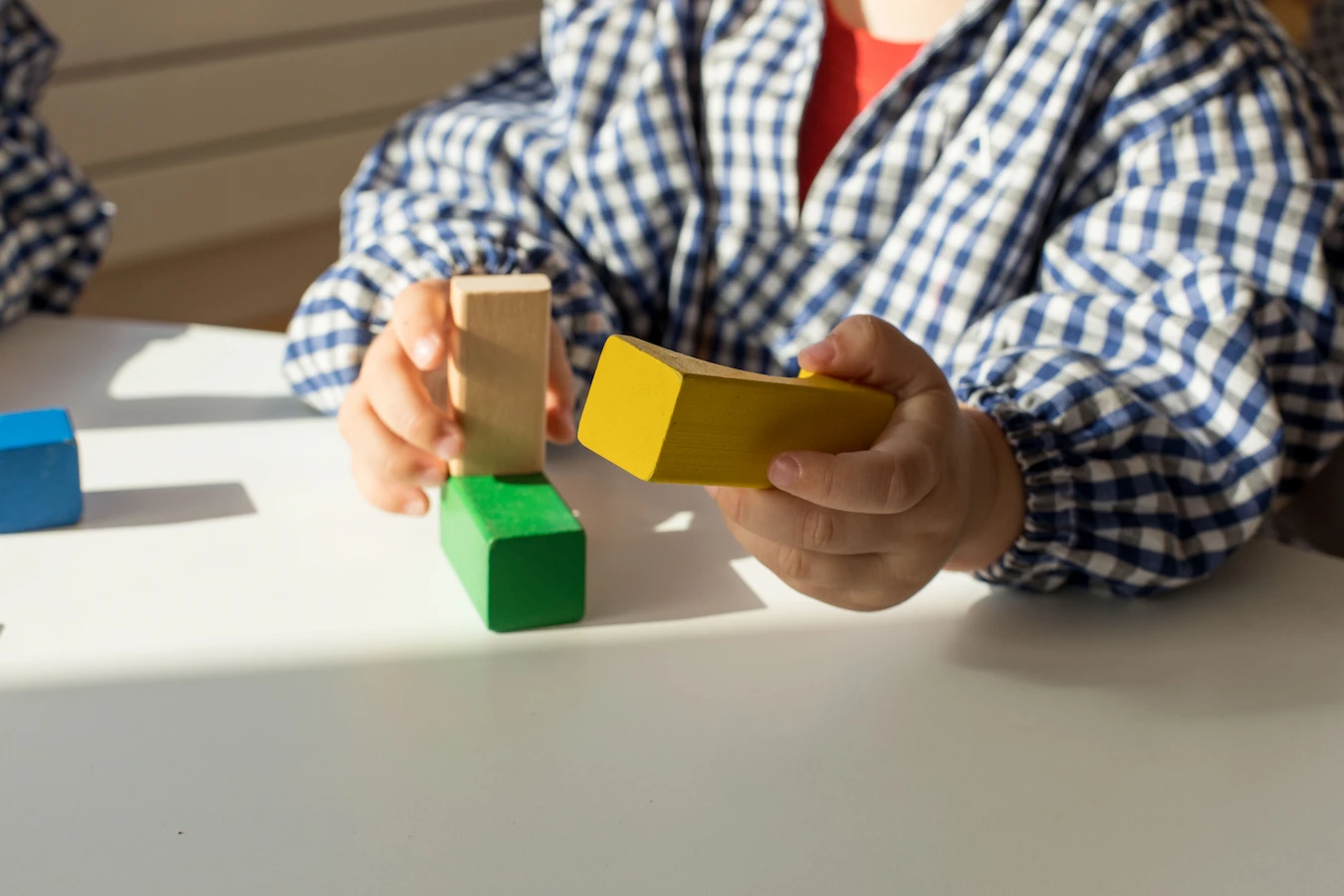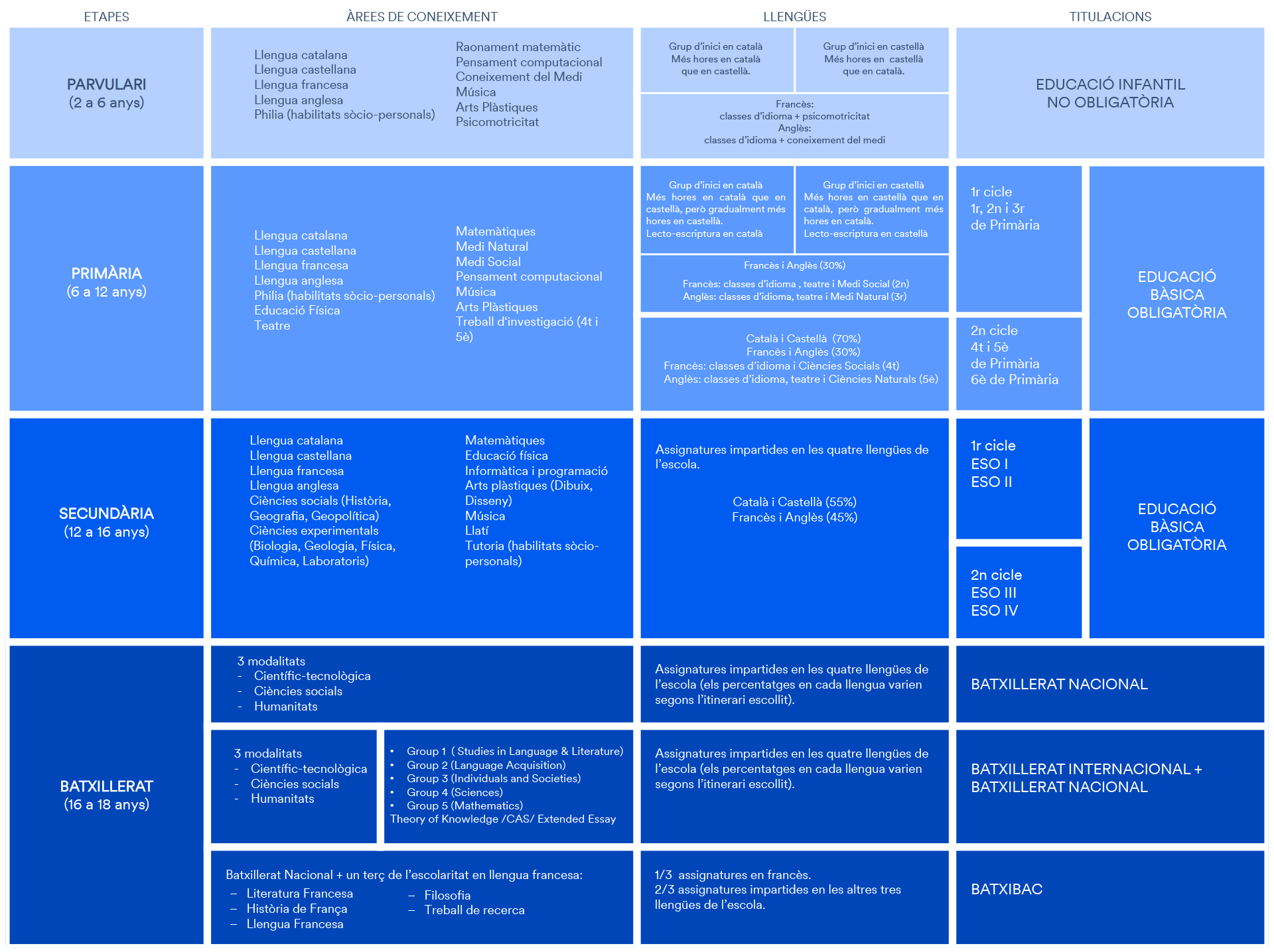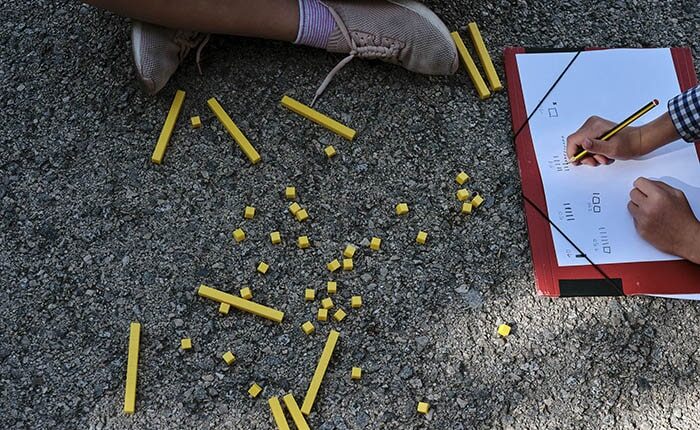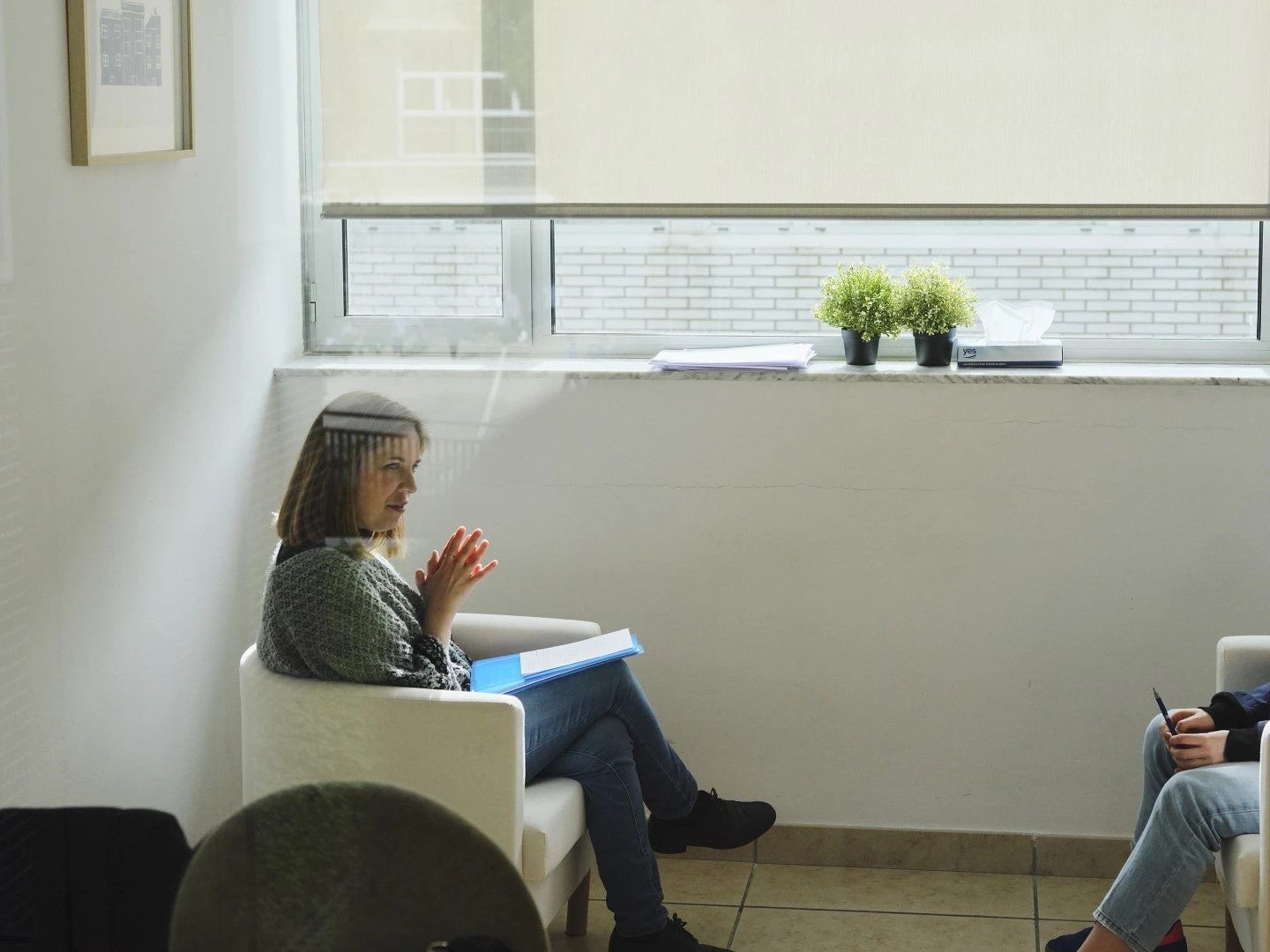Pedagogical project
Aula is a private school that was established by families of students and friends with a cooperative spirit and not for profit. It was conceived from beginning as a form of social contribution through education and research.
The school is responsible for educating its students. Its function is to stimulate skills and vocations, and it is non- selective. This is the main task of our teaching staff, with the support of the Department of Psychopedagogical Guidance.
One of the distinctive features of the school is the great diversity of languages taught. The study of Catalan, Spanish, English and French, on the one hand, allows students to pursue higher studies in any of these languages (see the table below for the distribution of these languages).
On the other hand, mathematics, music, art and physical education are non-verbal languages that allow us to express, understand and decode reality in ways that words can’t capture.
Thus, computational thinking is one of our backbones: learning to give instructions in a precise and orderly manner is a way of cultivating metacognition and conciseness of thought and dialectics. Throughout their schooling they will use different programming languages (Python, eSeeCode and robotics, among others).


The school is non-denominational and professes the utmost respect towards all beliefs. We do not answer to any specific ideological line, which means that families and teachers from very different ideological horizons can be found at the school.
This natural pluralism has as a corollary the duty of all members of the community to refrain from any propagandizing. Far from encouraging the student to take sides, it is necessary to provide them with knowledge of the widest range of opinions, reasons and points of view so that they can build their own criteria.
This endeavor facilitates the building of knowledge and contributes to their personal development. Thus, we do not view education as a personal and academic dichotomy, but rather we believe studying different disciplines enables our students to develop their maximum potential, and they give back to society and enjoy health in the full sense of the word.
We achieve this through the Philia project, whose main objective is for students to get to know themselves and, by extension, the world around them.
We expose them to situations and they dialogue to develop their socio-personal skills (emotional regulation, autonomy and initiative, responsibility, cooperation and thinking skills).
This project encompasses the entire school community.
Methodology
The main objective of the school is student learning. To achieve this, we do not apply a single method, but each area and level makes use of the most appropriate pedagogical methods.
This plurality also allows for the diversity of the students’ ways of learning to be covered. However, there is continuity throughout the entire educational process that modulates the appropriateness of methods and objectives specific to each stage. Intellectual activity is linked to experimentation and manual work.
But education is not limited to the school grounds, students regularly go on trips to consolidate specific learning. The older students go on study trips abroad. From J5 onwards, all grades go on field trips (duration depends on age).
Aula also opens its doors to specialists from outside the school in cycles of conferences and seminars.

The Department of Psychopedagogical Guidance
The comprehensive well-being of our students is a priority for our school and for this reason we have not only a teaching staff dedicated to looking after the students, but also a Department of Psychopedagogical Guidance.
This department guides and advises on the most appropriate educational response to the needs of the students, the teaching staff, as well as the families: from the detection of emotional and/or learning difficulties, to the preparation of Individualized Support Plans, up to referral to external specialists, with whom a close collaboration is established.
Currently, we have complementary professional profiles: a psychologist and two psychopedagogues present in the three sections of the school.
